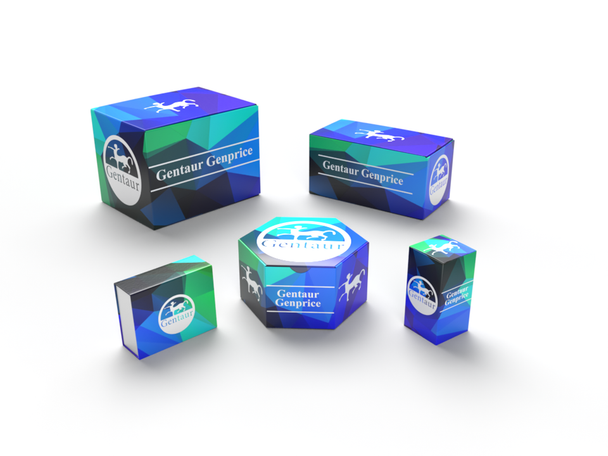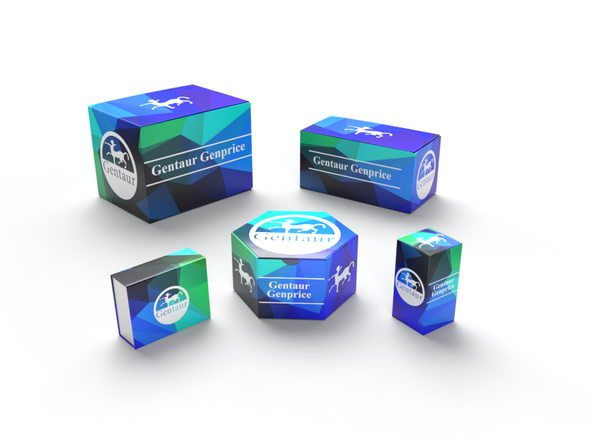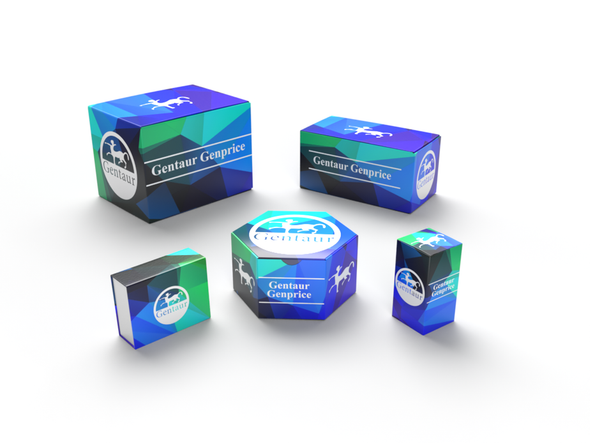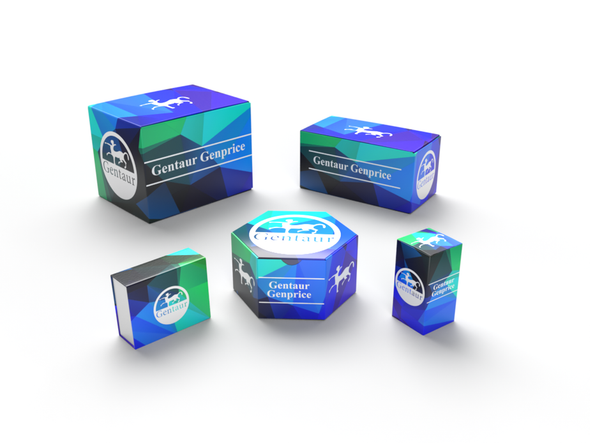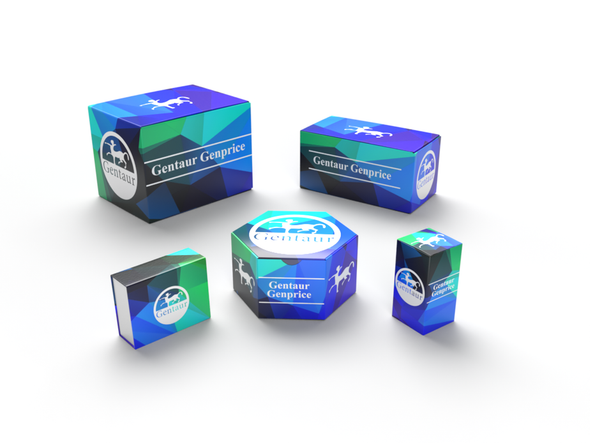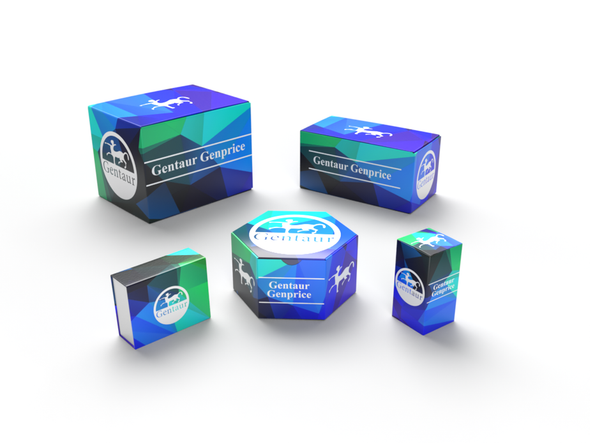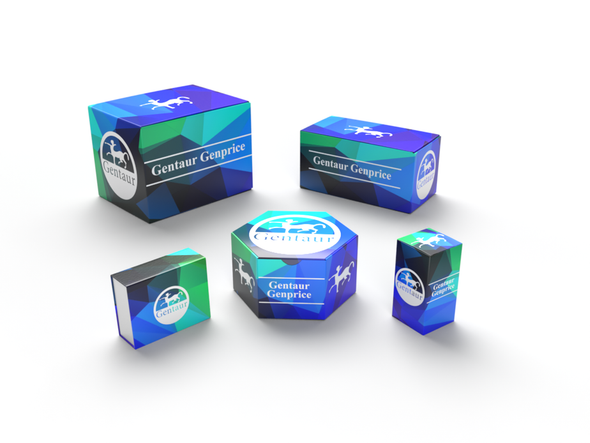209
Mouse Anti-Human VEGF-A Antibody | 101-M56/101-M59/101-MBi60
- SKU:
- 209-101-M56/209-101-M59/209-101-MBi60-GEN
Description
Mouse Anti-Human VEGF-A Antibody | 101-M56/101-M59/101-MBi60 | Gentaur UK, US & Europe Distribution
Species: Anti-Human
Host / biotech: Mouse
Comment: N/A
Label: N/A
Clone / Antibody feature: (#3C5)
Subcategory: Monoclonal Antibody
Category: Antibody
Synonyms: VEGFA; VPF; VEGF; MVCD1
Isotype: IgG1
Application: ELISA, WB
Detection Range: ELISA: Use at 1-5 µg/ml; Western blotting: Use at 1-5 µg/ml.
Species Reactivity/Cross reactivity: Human
Antigen: recombinant human VEGF165 (RT# 300-036)
Description: Vascular endothelial growth factor (VEGF or VEGF-A), also known as vascular permeability factor (VPF) or vasculotropin, is a homodimeric 34 - 42 kDa, heparin-binding glycoprotein with potent angiogenic, mitogenic and vascular permeability-enhancing activities specific for endothelial cells. Different isoforms can be generated by differential splicing (e.g. VEGF165). All eight cysteine residues involved in intra- and inter-chain disulfide bonds are conserved among these growth factors. A cDNA encoding a protein having a 53% amino acid sequence homology in the PDGF-like region of VEGF has been isolated from a human placental cDNA library. This protein, named placenta growth factor (PlGF), is now recognized to be a member of the VEGF family of growth factors. Two receptor tyrosine kinases have been described as putative VEGF receptors. Flt-1 (fms-like tyrosine kinase), and KDR (kinase-insert-domain-containing receptor) proteins have been shown to bind VEGF-A with high affinity. In vitro, VEGF is a potent endothelial cell mitogen. In cultured endothelial cells, VEGF can activate phospholipase C and induce rapid increases of free cytosolic Ca2+. VEGF has also been shown to be chemotactic for monocytes and osteoblasts. In vivo, VEGF can induce angiogenesis as well as increase microvascular permeability. As a vascular permeability factor, VEGF acts directly on the endothelium and does not degranulate mast cells. Based on its in vitro and in vivo properties, VEGF is expected to play important roles in inflammation and during normal and pathological angiogenesis, a process that is associated with wound healing, embryonic development, and growth and metastasis of solid tumors.
Purity Confirmation: N/A
Endotoxin: N/A
Formulation: lyophilized
Storage Handling Stability: The lyophilized antibody is stable for at least 2 years at -20°C. After sterile reconstitution the antibody is stable at 2-8°C for up to 6 months. Frozen aliquots are stable for at least 6 months when stored at -20°C. Addition of a carrier protein or 50% glycerol is recommended for frozen aliquots.
Reconstituation: Centrifuge vial prior to opening. Reconstitute in sterile water to a concentration of 0.1-1.0 mg/ml.
Molecular Weight: N/A
Lenght (aa): N/A
Protein Sequence: N/A
NCBI Gene ID: 7422

